Proctologist Appointment in Moscow
A proctologist is a doctor who diagnoses and treats diseases of the rectum, colon, anus, and perirectal area. Many patients are afraid of their first visit and put it off as long as possible. However, it's important to understand that this can lead to serious health problems later on. It's better to overcome your fear and discomfort and undergo a thorough examination by a specialist.

specialists

equipment

treatment
Methods and pathologies
Laboratory tests
If an external problem is observed in the anal fold area, the proctologist may take a swab of the skin. This allows, for example, to accurately identify a fungal infection of the anus. Mycological, microbial, and viral diagnostics are performed in the laboratory. A stool sample brought by the patient is also sent to the laboratory, where it is determined for occult blood.
Furthermore, the doctor may order a computed tomography (CT) scan or magnetic resonance imaging (MRI). These tests provide precise images and can accurately depict pathological changes.
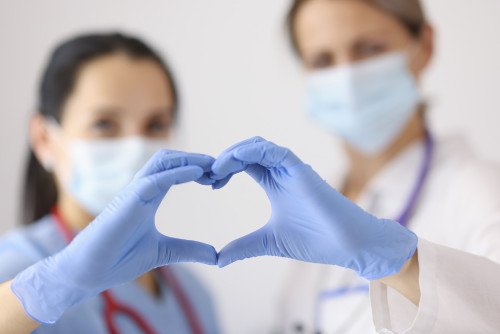
Frequently Asked Questions
What treatment methods does the doctor use?
A proctologist provides comprehensive consultations and treatment to patients, answering questions, requests, and concerns. The specialist may offer outpatient treatment, which includes:
- A high-fiber diet, increasing the amount of natural, healthy foods and clean water.
- Lifestyle changes, including exercise and walks in your daily routine.
- Selection of pharmaceutical medications, as well as physiotherapy.
- Personal hygiene tips after using the toilet.
- Removal of internal hemorrhoids (ligation, sclerotherapy).
- Laser treatment.
Inpatient surgical treatment is offered to patients who require urgent care for advanced proctological disease.
This may include, among other things:
- Combined and laser hemorrhoidectomy (submucosal laser hemorrhoidoplasty ALOHA (Aqua Laser Hemorroid Ablation))
- Laser destruction of anal fissures
- Surgical treatment of rectal fistulas – traditional and minimally invasive methods using laser technology
- Laser destruction of rectal fistula Aqua Laser Fistula Ablation – (ALFA)
- Laser fistulotomy
- Laser destruction of the epithelial coccygeal passage (Sinus Laser Closure (SiLaС))
- Laser sinusotomy
- Laser pit-picking

This award is given to clinics with the highest ratings according to user ratings, a large number of requests from this site, and in the absence of critical violations.

This award is given to clinics with the highest ratings according to user ratings. It means that the place is known, loved, and definitely worth visiting.

The ProDoctors portal collected 500 thousand reviews, compiled a rating of doctors based on them and awarded the best. We are proud that our doctors are among those awarded.
Make an appointment at a convenient time on the nearest date
Price







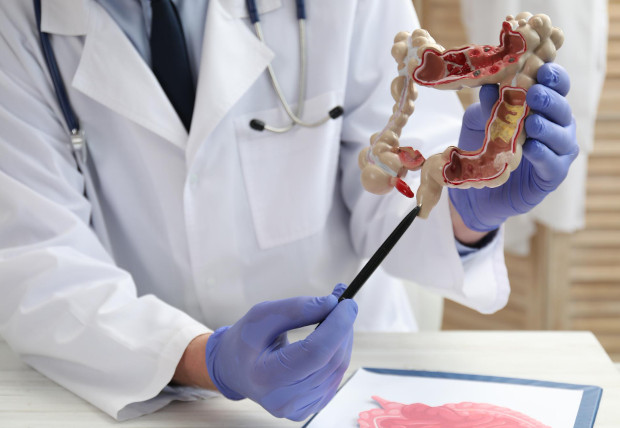
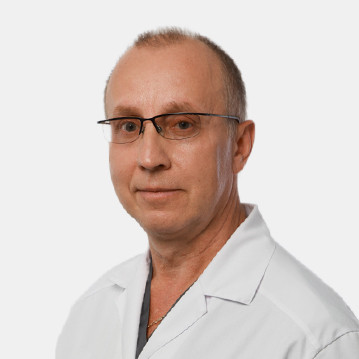
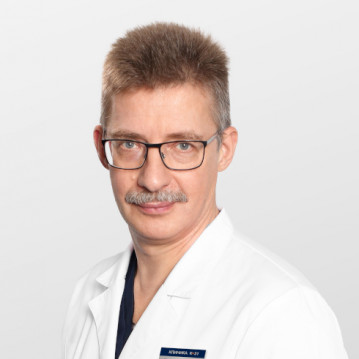
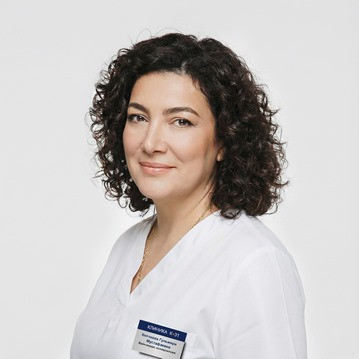

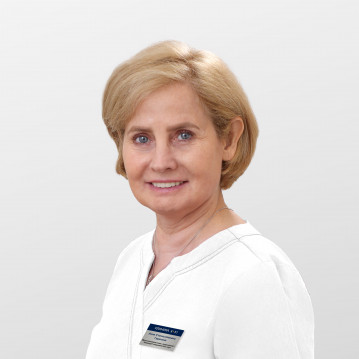
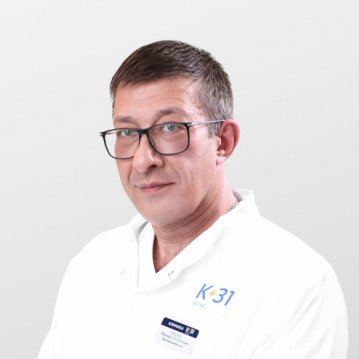
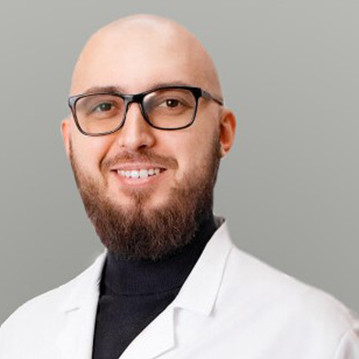
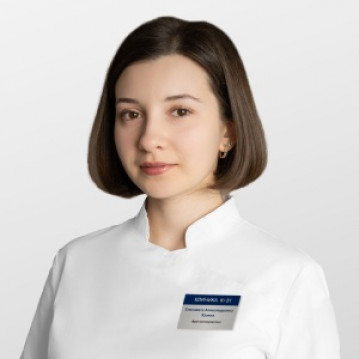




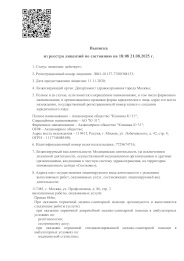

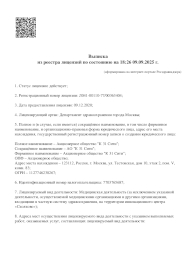
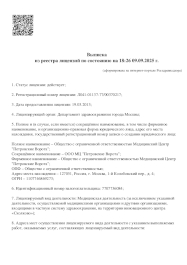
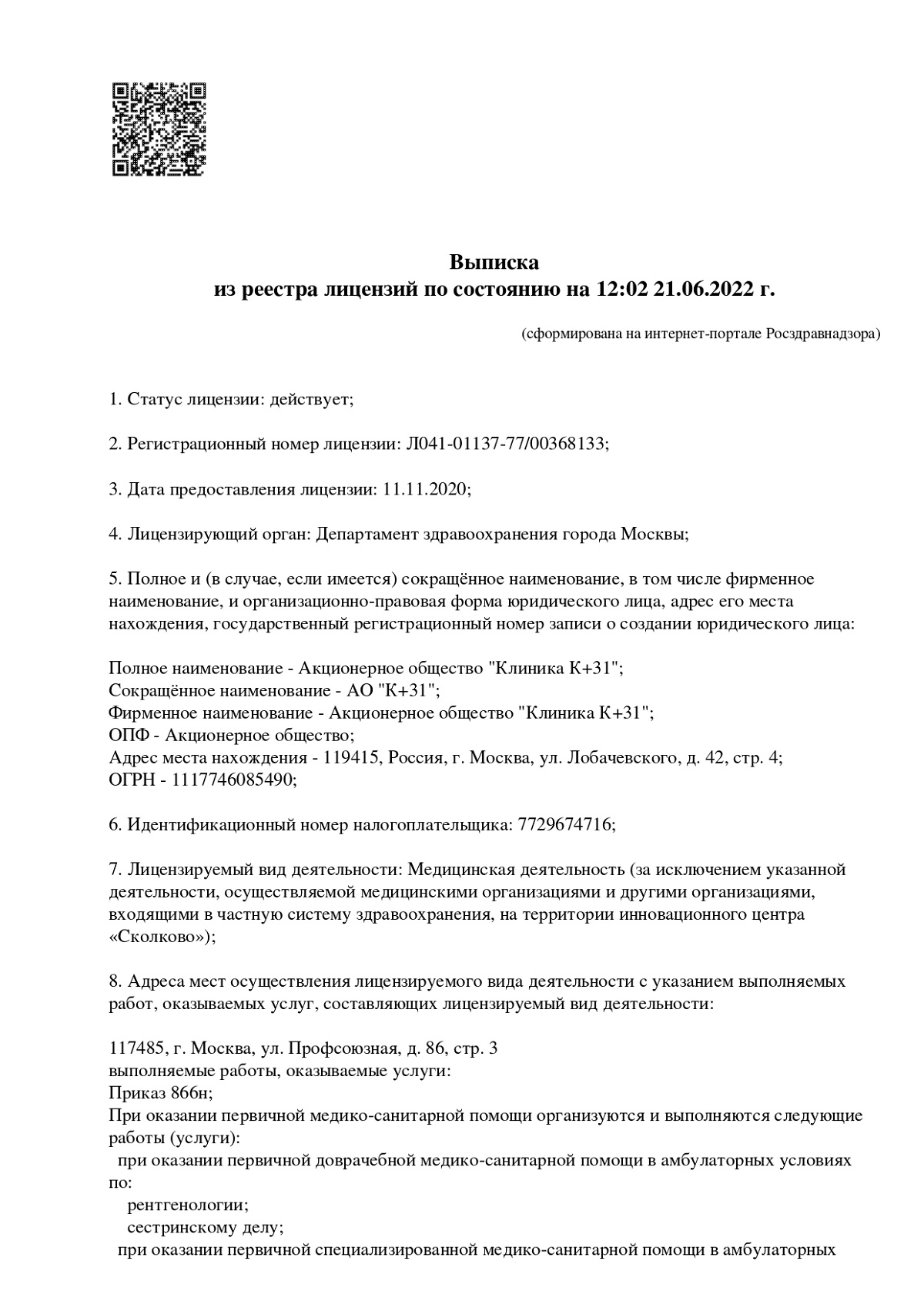
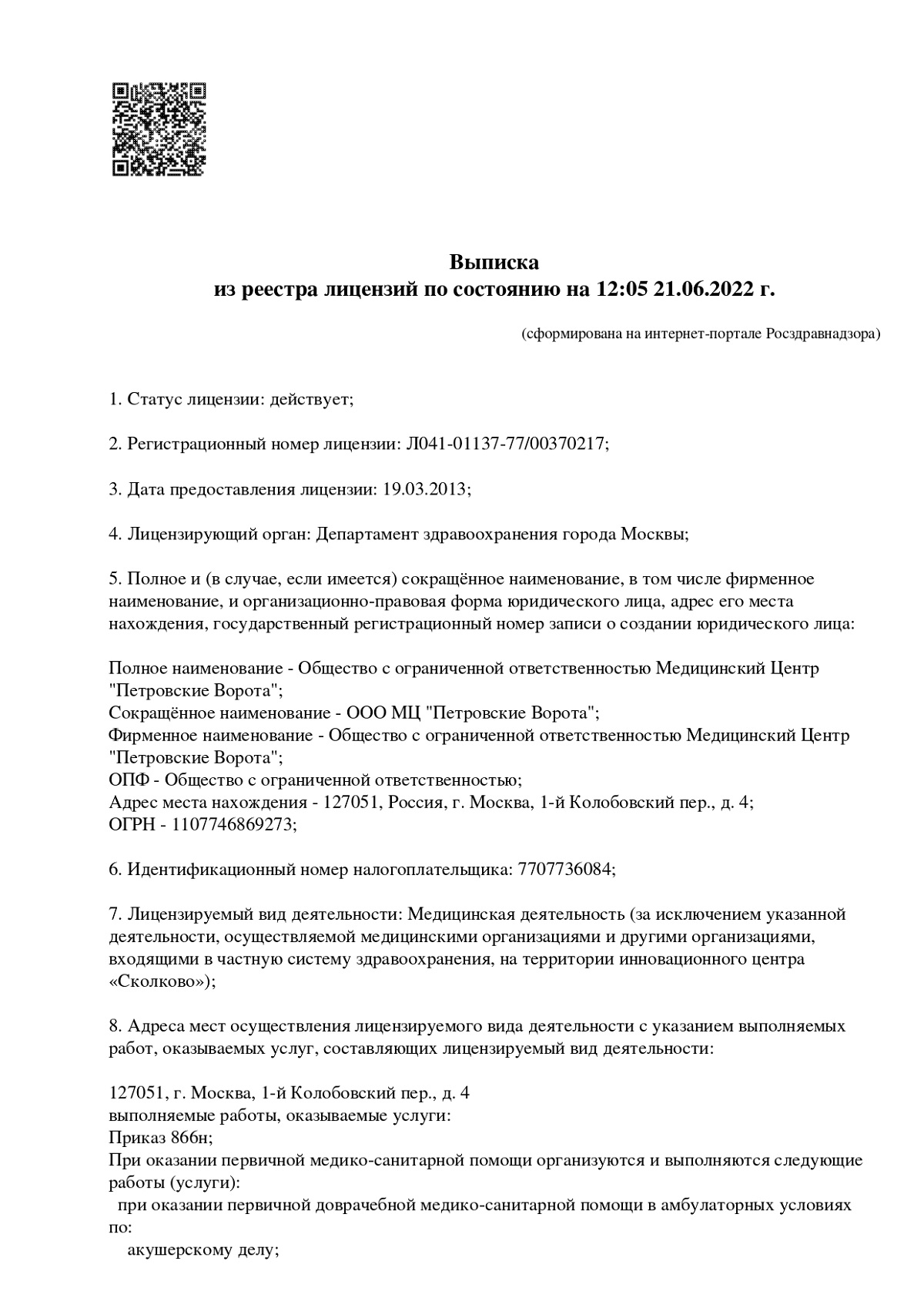
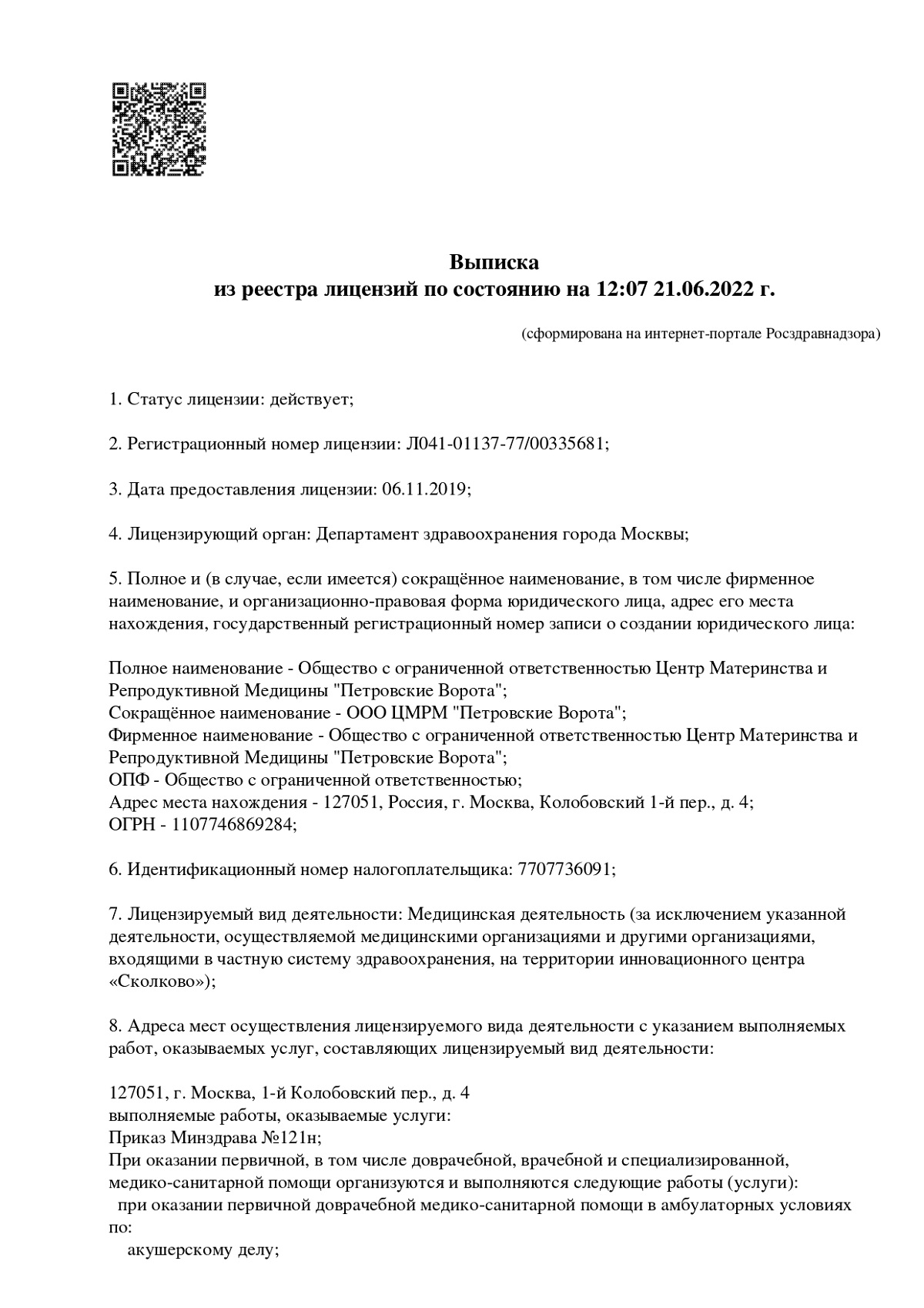
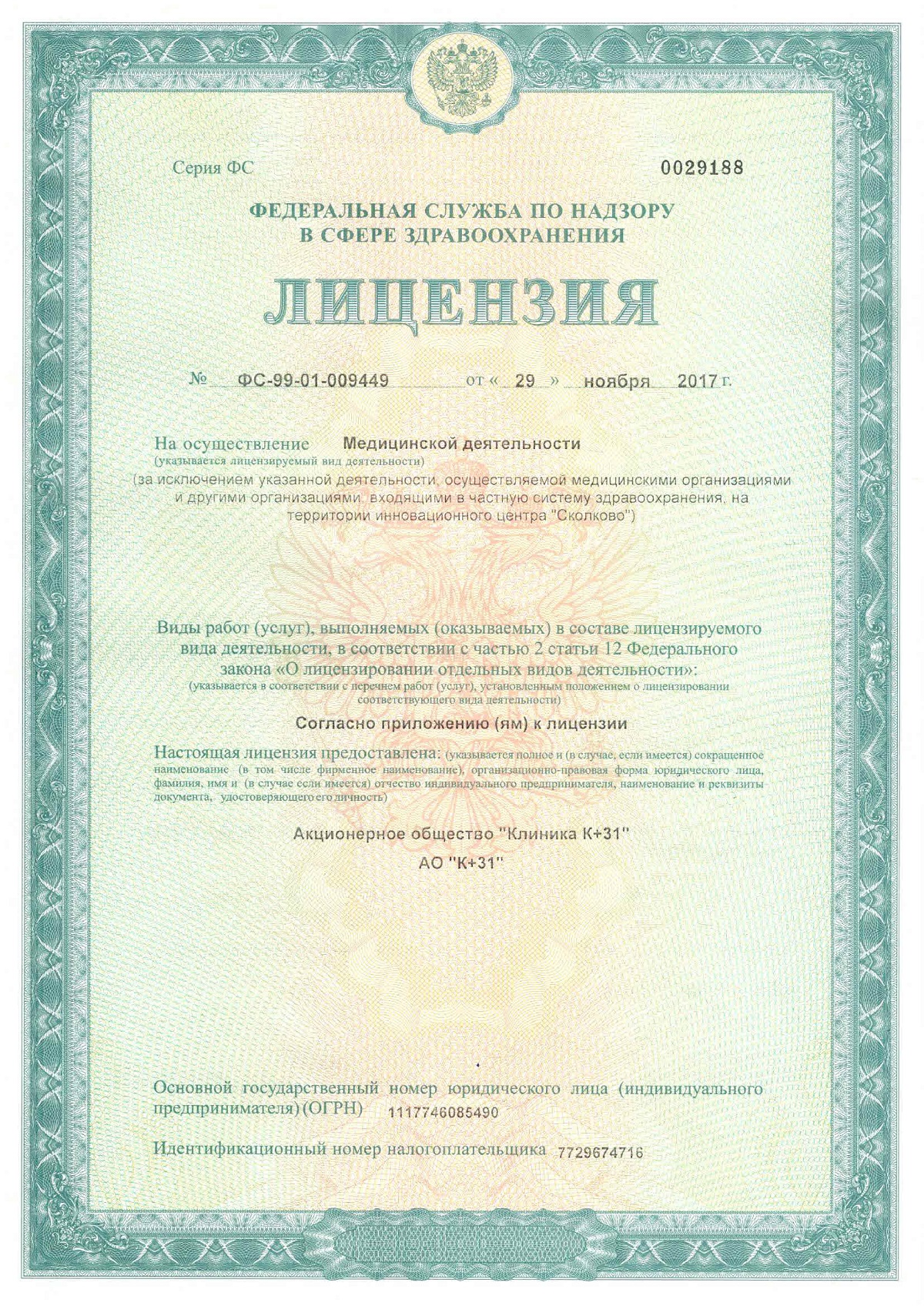
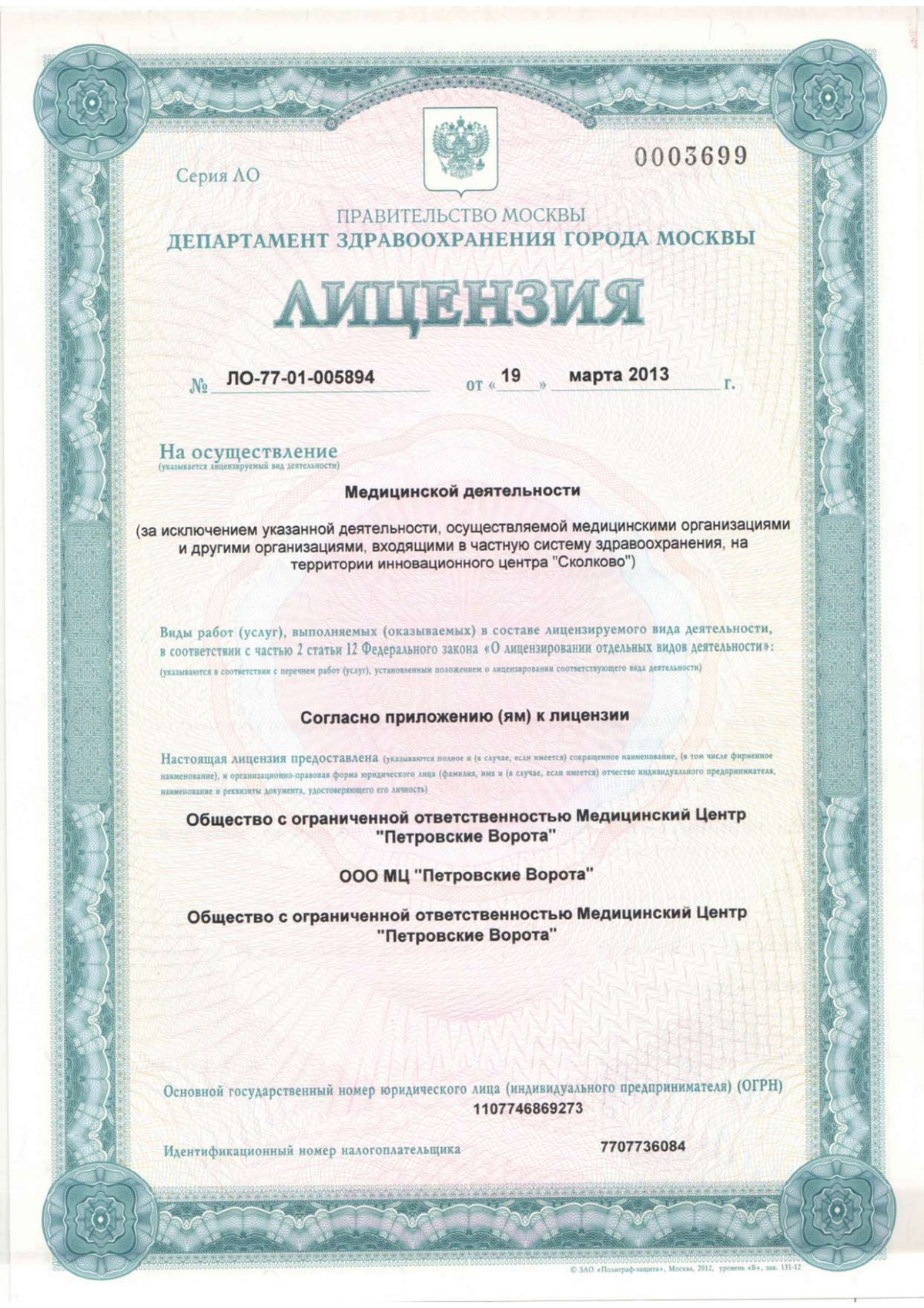
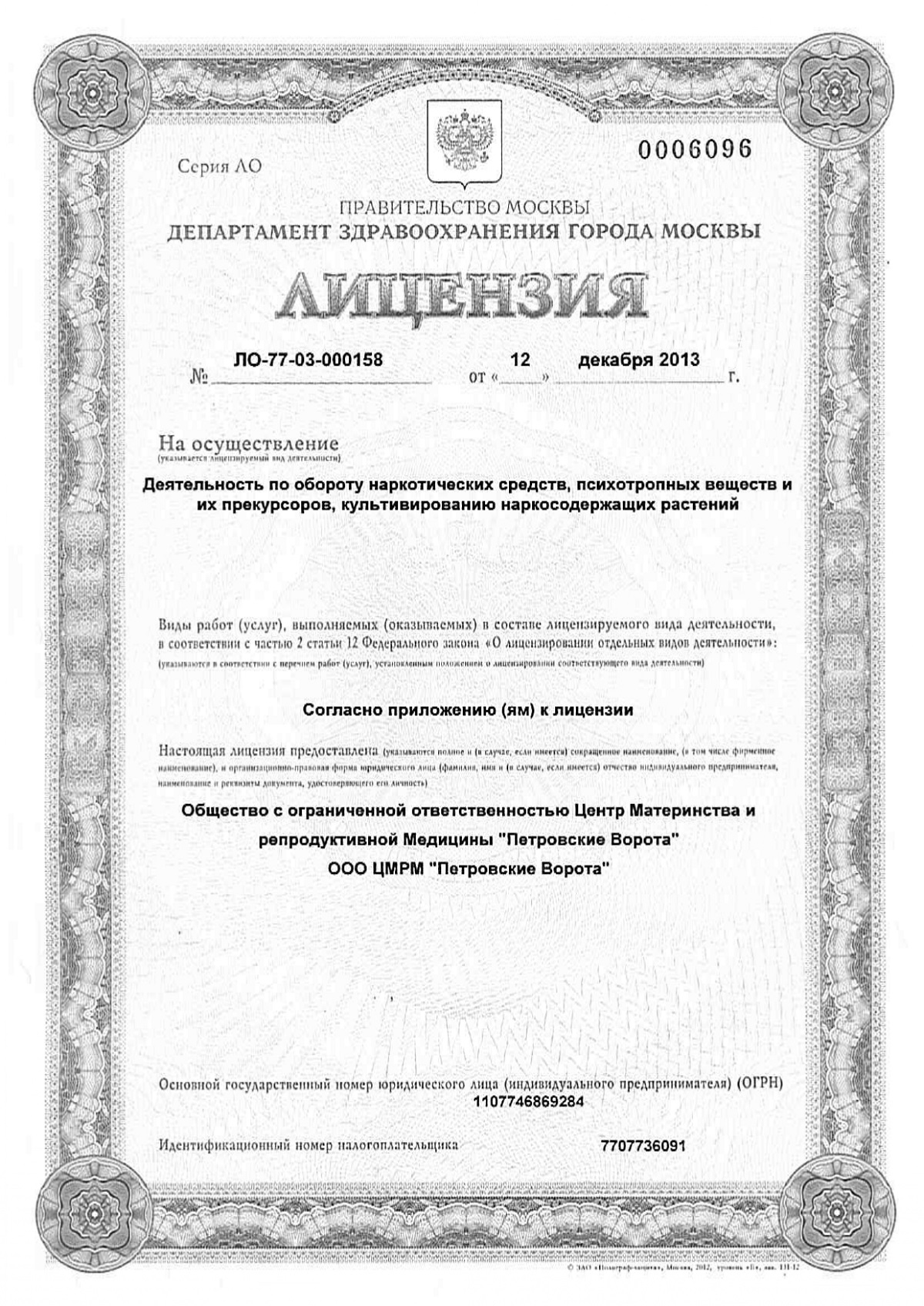
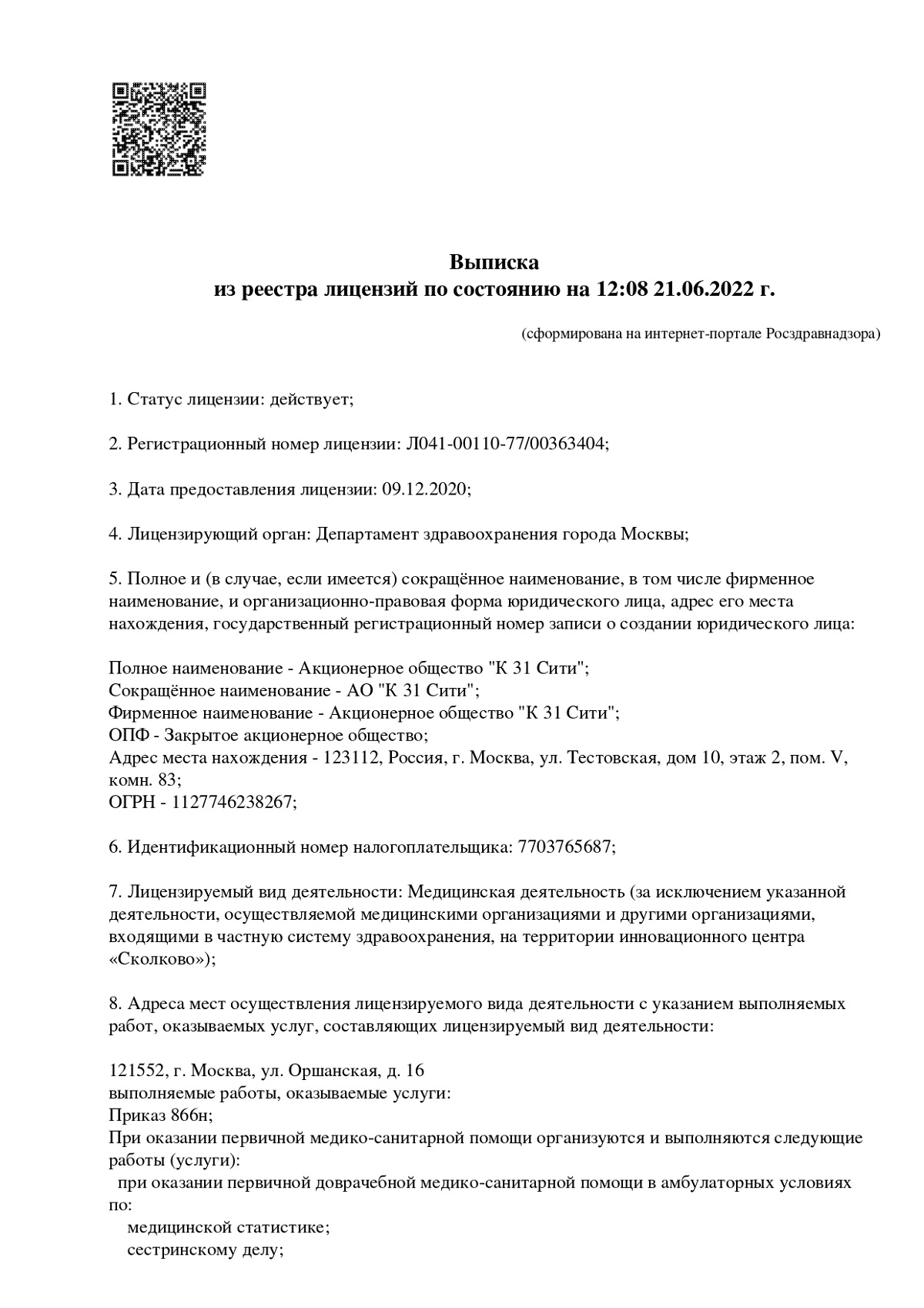
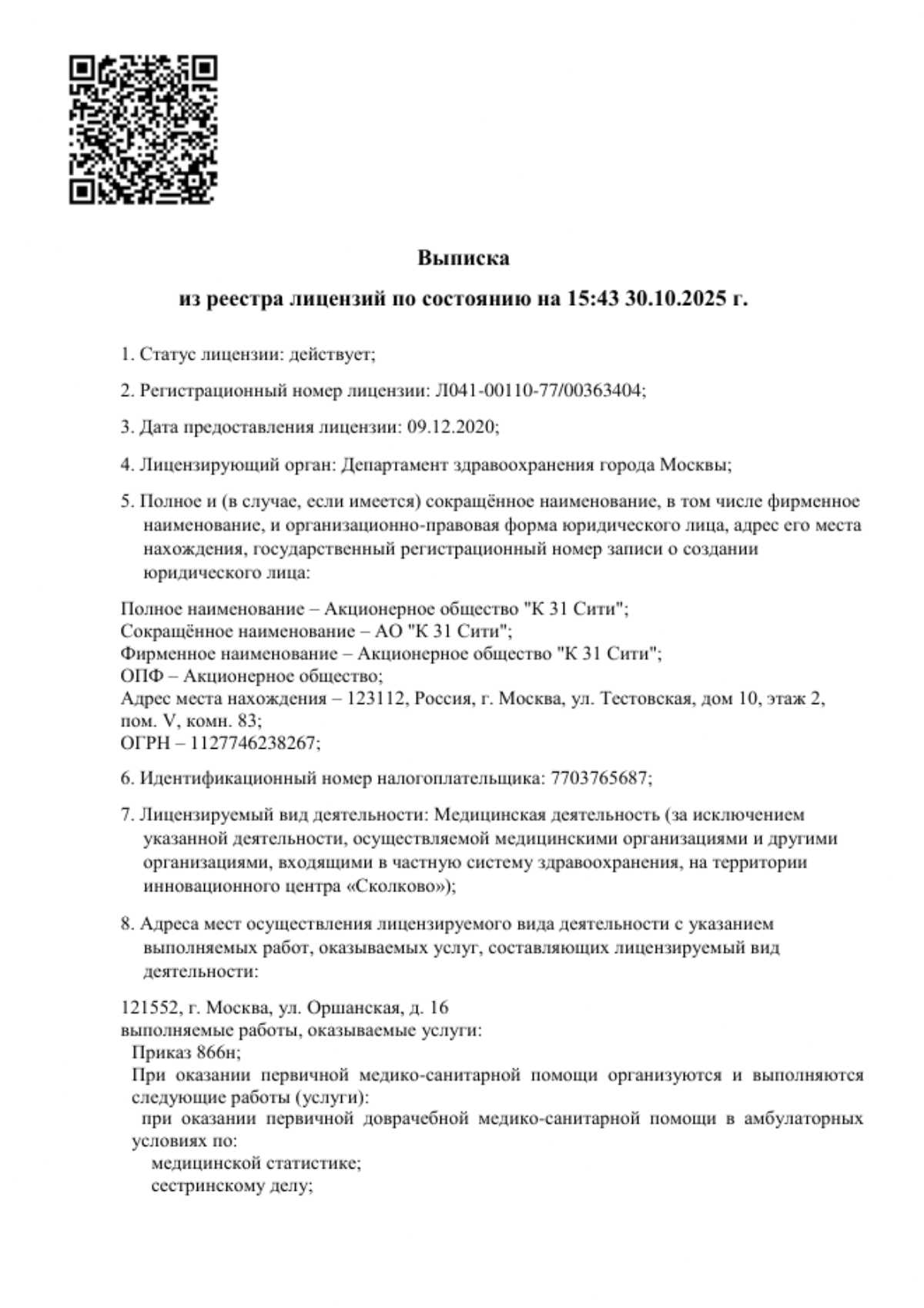
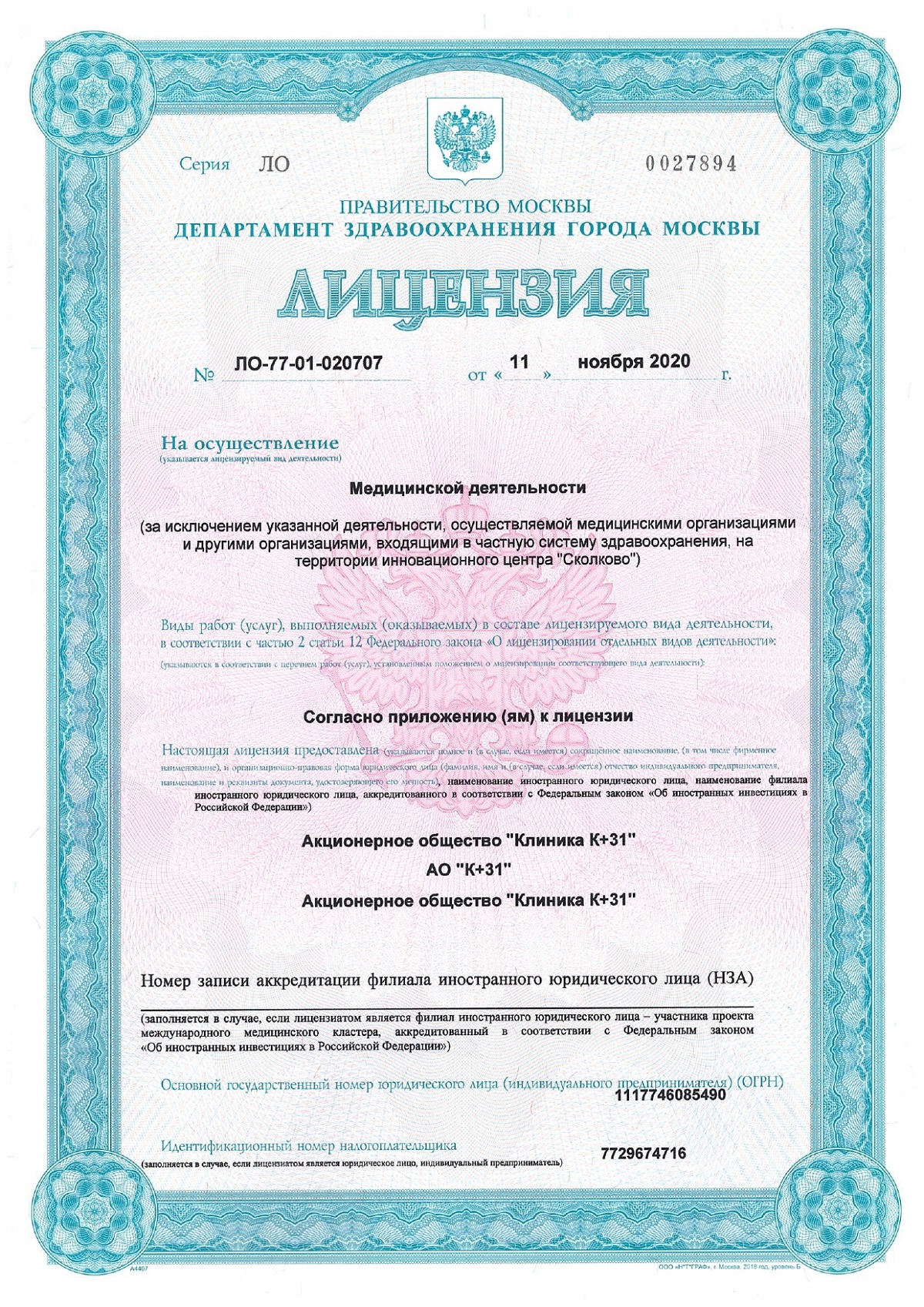
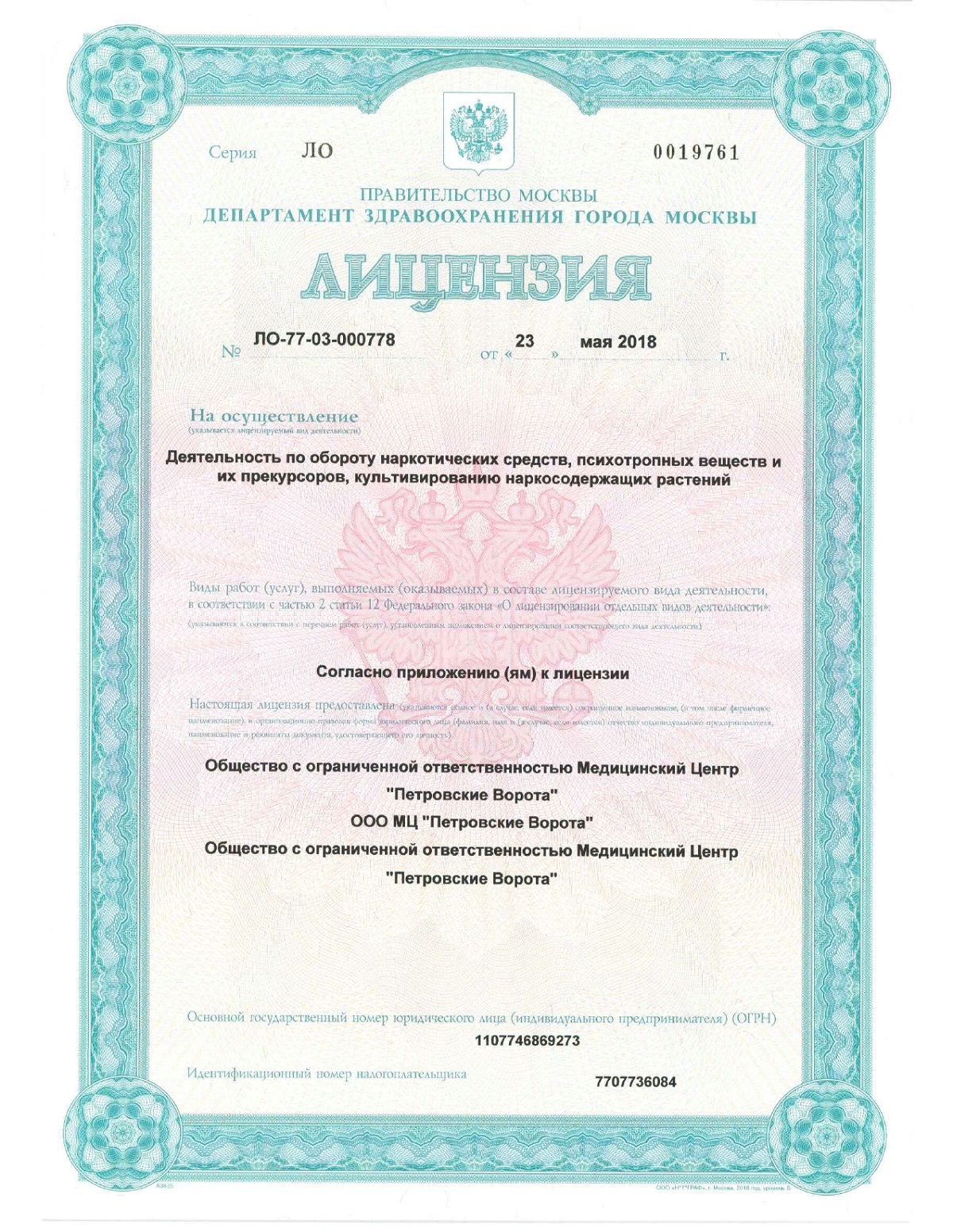
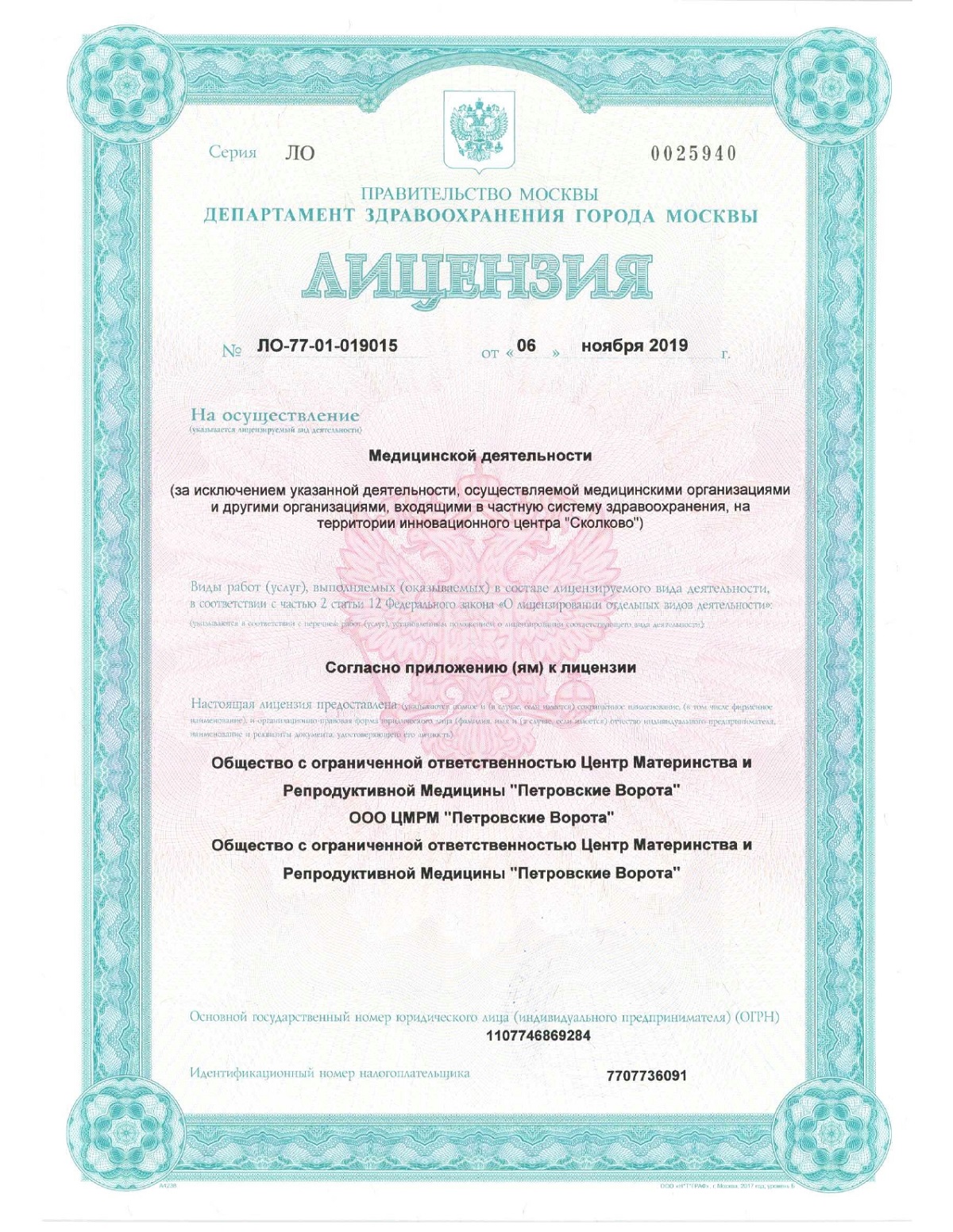
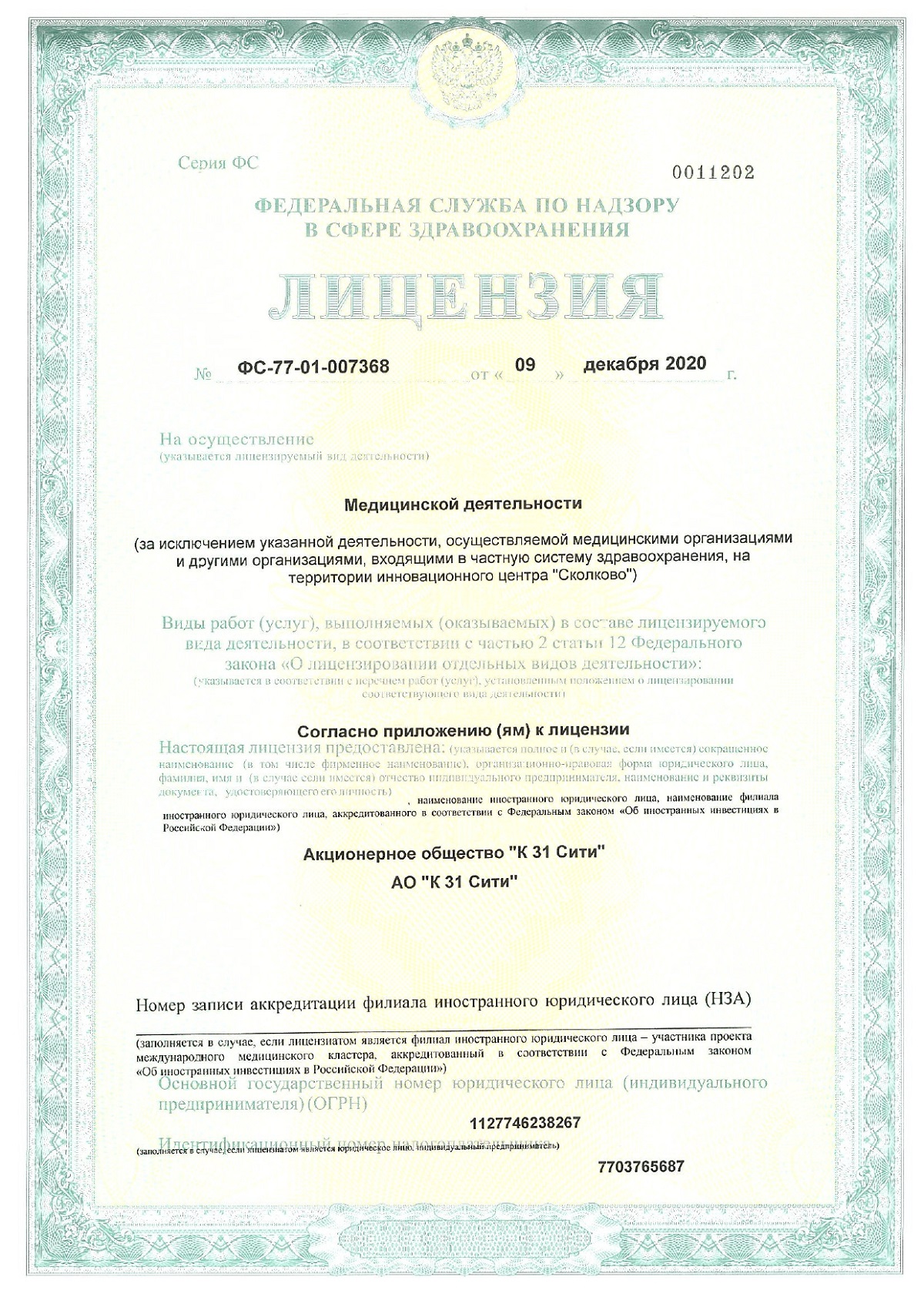



When to see a proctologist
You should make an appointment with your doctor if you notice the following symptoms:
Preparation is necessary before an appointment with a proctologist. Read more here.